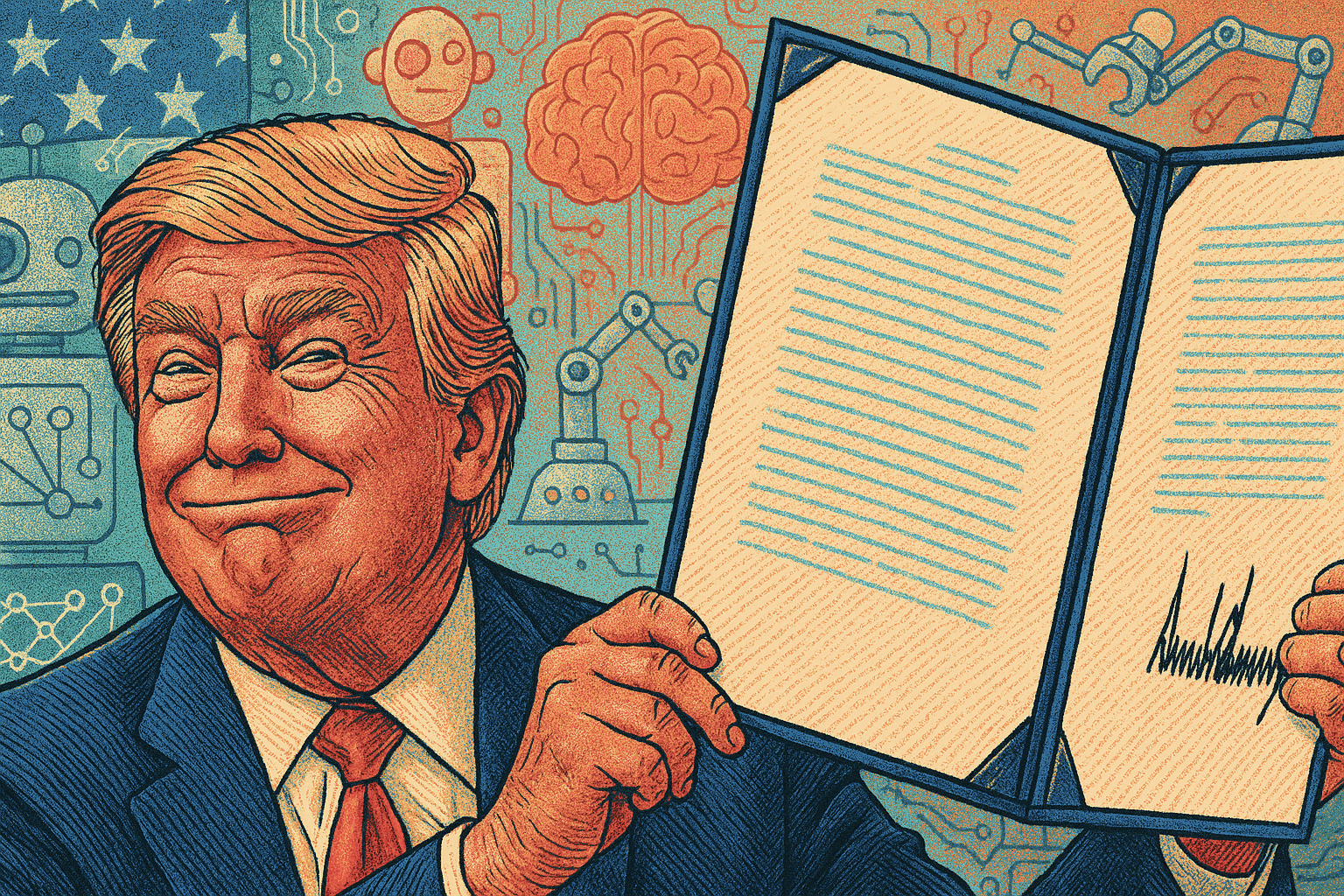In a sweeping move aimed at reshaping how the federal government interacts with artificial intelligence technologies, President Donald Trump on Tuesday signed a new executive order that prohibits U.S. agencies from procuring AI models that reflect what he calls “ideological dogmas” explicitly naming diversity, equity, and inclusion (DEI) initiatives as a key threat to AI accuracy.
The directive marks the administration’s most aggressive attempt yet to shape how artificial intelligence is deployed within the federal government.
Titled “Preventing Woke AI in the Federal Government” the order mandates that all LLMs acquired by federal agencies adhere to newly codified “Unbiased AI Principles”, emphasizing “truth-seeking” and “ideological neutrality”. The policy explicitly rejects the use of AI models that incorporate concepts like critical race theory, intersectionality, or gender identity, which it labels as distortions that “sacrifice truthfulness and accuracy to ideological agendas“
DEI displaces the commitment to truth in favor of preferred outcomes
the executive order states, warning that ideology infused AI poses “an existential threat to reliable AI”
The directive builds on a 2020 executive order Trump issued during his first term that promoted the use of “trustworthy AI” in government systems. But this latest move goes further, framing DEI not just as a policy disagreement but as a distortion of scientific and historical fact.
Procurement with Strings Attached
Under the order, agencies must revise or terminate contracts with AI vendors whose models embed ideological frameworks unless they can bring those models into compliance. Future contracts must include language mandating adherence to the so-called “Unbiased AI Principles” and vendors may be financially liable if they fail to meet them.
The Office of Management and Budget (OMB), along with other federal offices, has 120 days to issue technical guidance to agencies, including rules for transparency in model design and potential exceptions for national security uses. After that, federal agencies will be required to review current LLM contracts, revise them where possible, and adopt new compliance procedures within 90 days.
Examples Cited and Contested
The order references several widely circulated anecdotes about AI bias, including claims that a major model altered the race or sex of historical figures like the Pope and the Founding Fathers, or refused to generate images celebrating white individuals while permitting the same for other races.
Critics have noted that such examples may oversimplify how generative models work or rely on cherry-picked outputs. AI developers often embed guardrails to avoid generating harmful or offensive content, but those same safety measures can result in inconsistent or limited outputs depending on the prompt.
Tech Industry Response Likely to Be Mixed
While the order may resonate with conservative AI skeptics, it puts the federal government on a collision course with major AI labs, many of which have invested heavily in mitigating bias and ensuring inclusive representation in model training.
Tech trade groups and civil rights advocates are expected to challenge the order’s premise and possibly its legality, especially if it leads to the exclusion of major vendors from federal contracts.
South Florida Impact
South Florida’s growing AI and defense-tech ecosystem could see ripple effects from the order. Several Miami based AI startups. including those working with federal agencies or building LLM based products for education, law enforcement, or defense will need to audit their models for ideological content if they want to bid on future contracts.
At the same time, the region’s conservative leaning investor base may see this as an opening to double down on “neutral AI” ventures, especially those building foundational models or government-compliant fine-tuning platforms.
